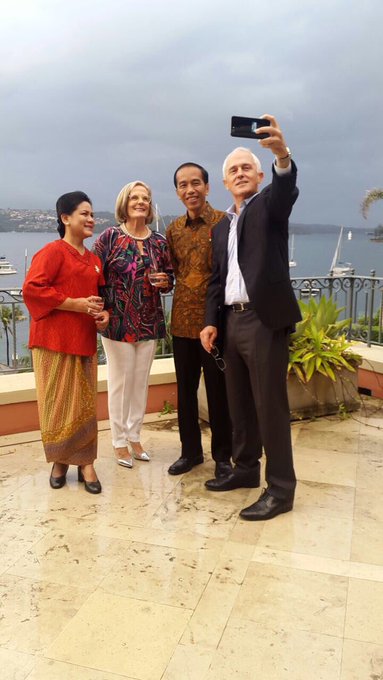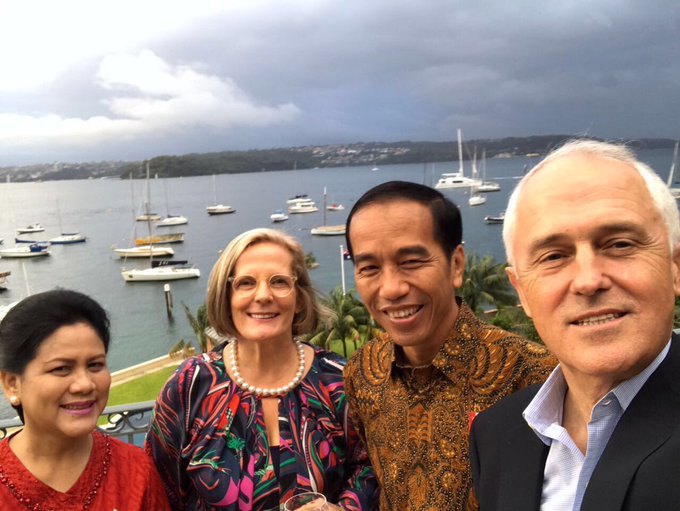Angus Blackman, asc.upi.edu
On Wednesday 28 September, Laura Kemp, First Secretary, Media and Communications at the Australian Embassy in Jakarta, spoke to undergraduate students at Universitas Pendidikan Indonesia about public diplomacy.
Ms Kemp, who has been working in Indonesia since 2014, spoke about her experience.
She emphasised the importance of social media in public diplomacy, especially in Indonesia.
“Indonesia is the social media capital of the world. It has a young population and is very social media savvy.”
One of the advantages, and indeed one of the challenges, of public diplomacy on social media is that you receive instant feedback on what you post, according to Ms Kemp.
“Social media is a very good measure of what people like.”
The Embassy and Australia’s Ambassador, Paul Grigson, are prolific users of Instagram, Facebook and Twitter.
The Australian Embassy litters is Instagram, an extremely popular platform with young Indonesians, with photos of tourist hotspots and cool cafes in Australia.
Social media has also enabled governments to communicate traditionally serious foreign policy issues in a more relaxed, conversational manner.
So-called ‘selfie diplomacy’ has proliferated in recent years, and world leaders have jumped on the opportunity to communicate warmth and friendliness directly to citizens at home and abroad.
Malcolm Turnbull’s 2017 selfie with President Joko Widodo, and their wives, Lucy and Iriana, inspired great enthusiasm online.
Even trade, something traditionally confined to boardrooms and business luncheons, has been brought to a popular audience in 21st century public diplomacy.
Indomie is an Indonesian instant noodle brand that is famous in both countries. The wheat used in Indomie is grown in Australia, processed in Jakarta and Makassar, then sold in Indonesia or exported.
While not a joint venture, Ms Kemp described the process as “a true partnership” because the value is added to the raw wheat in Indonesia and then sold in markets around the world, benefiting both countries.
To discuss the process, Ambassador Grigson and Trade Minister Steve Ciobo sat down at a local warung (food stall) to discuss the process over a bowl of noodles. The video remains one of the Embassy’s most popular on Facebook.
And to round out the instant noodle story, the Embassy did not miss the opportunity to post one Sydney café’s Indomie-covered chicken burger creation.
While social media is very important, traditional media also still plays a major role in contemporary communications, and the Embassy works with Indonesian media outlets to provide professional development.
In addition to the Australian Embassy in Jakarta, which employs around 500 people, Australia has three consulates around Indonesia. The newest opened in Surabaya in September 2017.
The consulates are focused on building trade and business ties at a time when the two countries are trying to finalise a trade agreement, the Indonesia-Australia Comprehensive Economic Partnership Agreement (IA-CEPA). Both parties have agreed to finalise the agreement by November 2017.
While the two countries have not always seen eye-to-eye on all issues, Ms Kemp said she believes the two countries have “a very exciting future” ahead.


No comments:
Post a Comment